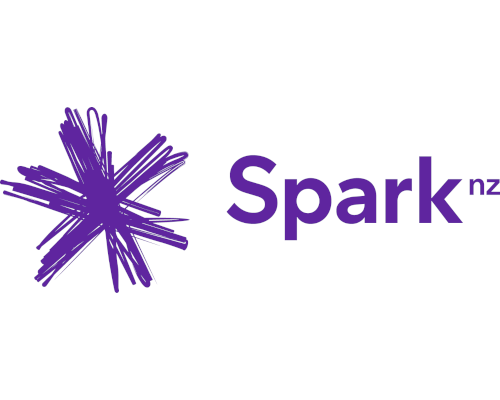Spark takes steps to combat scammers

With scamming on the rise right around the world,[i] Spark is stepping up its efforts to lower the success rate of scam attempts by partnering with the New Zealand telecommunications industry to share scamming information, as well as renewing its focus on helping customers to spot and report scams.
Spark has agreed to be part of the NZ Telecommunications Forum (TCF) Scam Calling Prevention Code, which aims to improve the process of identifying, verifying and taking action on scam calls to landline and mobile phones, no matter who your phone provider is.
Scam calls nearly always originate from overseas. Overseas scamming operations tend to cycle through a variety of international and local numbers to make their activity appear legitimate and use calling techniques that go through several providers to make it harder to trace the origin of the call. Prior to the TCF Code, each network operator acted against scams individually, reporting scams amongst each other on an informal basis. The Scam Calling Prevention Code will establish a consistent and shared approach to identify and block scam calls between networks in New Zealand and from overseas.
Acting CEO for Spark Home, Mobile and Business, Grant McBeath says, “The fact that the whole industry has got behind this code is a great step forward. Historically, when we’ve seen scam activity on our network, we’ve lacked a fast and simple way to coordinate between other New Zealand service providers to block scam activity when we see it. This new code puts in place processes and timeframes to quickly tackle scam calling patterns once we’ve identified them and share them amongst other networks for the benefit of all New Zealanders.”
However, as scammers are constantly changing their approach, both in terms of the stories they tell and the technology they use, the expectation is that this will reduce scam volumes, not stop scam calls from occurring.
McBeath explains, “The most effective way to stay safe from scams is still to be vigilant and wary when a call is unexpected. Even if we manage to reduce scam calls significantly through this new partnership, some scam calls will still get through. Ultimately, we need every individual to know what to look out for.”
Because of this, Spark has taken scam prevention a step further for their customers by introducing a range of proactive initiatives that will be rolled out over the next few months. McBeath says, “As technology reaches new levels of sophistication, so do the scams. We want to take a lead in providing our customers with tools that arm them to protect not only themselves but their family and friends.”
The first initiative to launch today is a new webpage that will report up-to-date scam alerts. When new scamming methods are reported to Spark, the webpage will be updated to reflect this new activity. As a result, consumers will be able to view the different tactics a scammer might be using and be aware of the latest characteristics of a scam across both email and phone.
“Spark plays an active role in limiting the number of scam communication out there, but it’s not always possible to detect scam activity so we ask customers to let us know by emailingscamhelp@spark.co.nz when they have received a scam that differs to the ones listed on the scam alert page. Once we can verify the scam, we will have it listed on our webpage as soon as possible,” says McBeath.
“With these initiatives, alongside the implementation of the TCF Scam Prevention Code, we hope we will be able to reduce the number of scam calls reaching Kiwi shores and then empower more people to prevent any scam attempts from being successful.
“If people remember one thing, it should be this: Spark will never contact you out of the blue and ask for your personal information. Avoid calling back international numbers you don’t recognise and if you are unsure if the call is genuine, the best thing you can do is hang up.”
i] Australian Competition & Consumer
Commission, Scam Watch; All scams reported
2015-2018
Better Business Bureau, Scam Tracker; All scams
reported Canada and U.S
2015-2018
ENDS



 RNZ: Parts Of Power System Could Be Out For 36 Hours In Event Of Extreme Solar Storm
RNZ: Parts Of Power System Could Be Out For 36 Hours In Event Of Extreme Solar Storm NZAS: New Zealand Association Of Scientists Awards Celebrate The Achievements Of Scientists And Our Science System
NZAS: New Zealand Association Of Scientists Awards Celebrate The Achievements Of Scientists And Our Science System Stats NZ: Retail Spending Flat In The September 2024 Quarter
Stats NZ: Retail Spending Flat In The September 2024 Quarter Antarctica New Zealand: International Team Launch Second Attempt To Drill Deep For Antarctic Climate Clues
Antarctica New Zealand: International Team Launch Second Attempt To Drill Deep For Antarctic Climate Clues Vegetables New Zealand: Asparagus Season In Full Flight: Get It While You Still Can
Vegetables New Zealand: Asparagus Season In Full Flight: Get It While You Still Can  Bill Bennett: Download Weekly - How would NZ telecoms cope with another cyclone
Bill Bennett: Download Weekly - How would NZ telecoms cope with another cyclone



